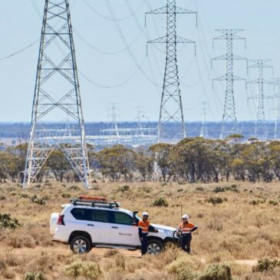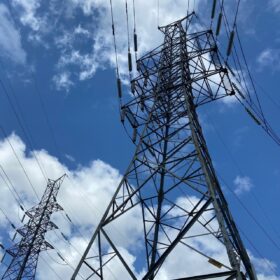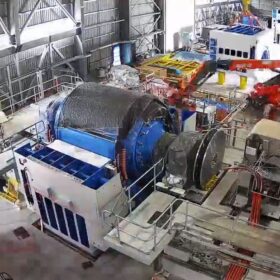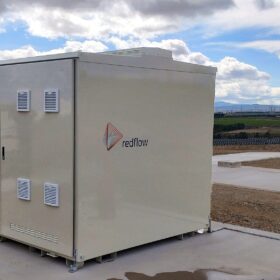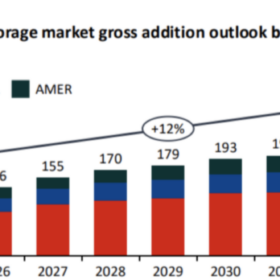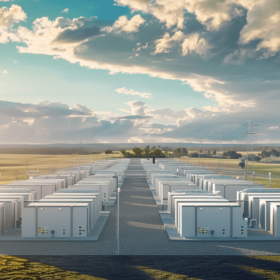Singapore fund eyes Australia after acquiring NZ solar developer
Singapore-based renewable energy fund manager SC Oscar has snapped up New Zealand solar project developer Rānui Generation as part of its strategy to build a portfolio of renewable energy assets in both New Zealand and Australia.
$8 billion of transmission projects declared actionable
Seven transmission projects valued at $7.9 billion are declared newly actionable in the Australian Energy Market Operator’s 2024 Integrated System Plan, to progress the 10,000 km of new transmission lines needed to achieve a net zero economy by 2050.
AEMO reinforces role of rooftop solar in energy transition
The Australian Energy Market Operator’s latest Integrated System Plan has stamped the role rooftop solar will play in the nation’s energy transition, revealing that the total capacity of rooftop PV and other distributed solar in the nation’s main grid is forecast to rise from 21 GW to 86 GW by 2050.
Coal gone by 2038 but renewables investment is key
Renewable energy is the cherry on top of a 25-year plan to secure Australia’s future 100% free of coal-generation where grid-scale renewables, storage and distributed solar, backed by gas, will secure the national electricity market for a predicted 313 TWh of demand by 2050.
AGL partners with Elecsome on solar panel recycling plan
Power giant AGL Energy has teamed with Melbourne-based solar panel recycling company Elecsome to explore the development of a PV materials recovery facility at the site of the coal-fired Bayswater power plant in the New South Wales Hunter Region.
Transgrid turns to synchronous condensers to safeguard system strength
New South Wales power grid owner Transgrid is looking at rolling out up to 14 synchronous condensers and 4.8 GW of batteries with ‘grid forming’ capability to protect and strengthen the security and stability of the electricity grid as coal-fired power plants retire and more renewables come online.
Redflow wraps up funding for U.S. battery project
Queensland-headquartered battery manufacturer Redflow has secured almost $20 million in government funding in the United States for a 6.6 MWh zinc-bromine flow battery energy storage system to be deployed in California.
Sparc inks new deal to progress green hydrogen pilot plant
South Australia-based Sparc Hydrogen has struck an agreement with an international partner that will see it advance the development of pilot testing of its photocatalytic technology to produce commercially viable green hydrogen from water using concentrated solar.
Former NSW energy minister to chair Climate Change Authority
Former New South Wales energy minister Matt Kean has been appointed the new chair of the federal government’s Climate Change Authority.
Court issues $40,000 fines for rooftop solar licence-sharing scheme
Two Western Australian companies and three people have been fined almost $40,000 for an illegal electrical licence-sharing arrangement involving 25 rooftop solar installations at properties in the state’s southwest.

